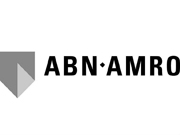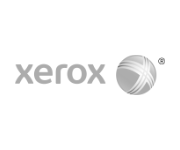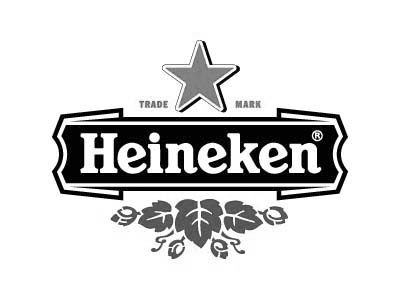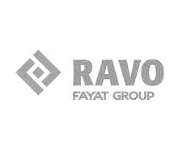How feedforward strengthens continuous dialogue and open feedback culture
In this article, we describe how feedforward strengthens the continuous dialogue and open feedback culture. An open feedback culture and continuous dialogue within organizations are important for a healthy and positive organizational culture. They contribute to a climate of trust among colleagues, transparency, and collaboration. This makes employees feel safer to speak up to each other and to share what they think could be improved with their colleagues and supervisors. In practice, we see that this leads to problems being detected and resolved earlier (better collaboration and happier employees), and ideas and suggestions being exchanged more quickly (more innovation and decisiveness).
What do we mean by an open feedback culture?
An open feedback culture means that employees and managers feel free to address each other about behavior and performance without fear of being judged. This creates space for proactive communication. The mutual collaboration within a team or organization is improved. In an open feedback culture, there is room to work together on solving problems and improving processes, products, and services.
behavior and performance without fear of being judged. This creates space for proactive communication. The mutual collaboration within a team or organization is improved. In an open feedback culture, there is room to work together on solving problems and improving processes, products, and services.
It is important in an open feedback culture that everyone is willing to address each other constructively and openly about behavior and performance. It is about creating an environment in which people feel safe to give and receive feedback.
What do we mean by continuous dialogue?
Promoting continuous dialogue within your organization is important for the development of a healthy and productive work environment. This means that employees and managers regularly engage in dialogue with each other about their expectations, challenges, and irritations. This creates space to work together to improve the performance of the team or organization.
Continuous dialogue is therefore about regular and open communication between employees and managers. It is about exchanging ideas, expectations, and concerns, and working together to solve problems and improve processes, products, and services.
A good dialogue:
- should be open = two-way, the other perspective is also allowed to exist;
- can be challenging because “you often have an opinion when it differs from your own perspective.”
- should be action-oriented = with a view to achieving collective results;
- can be challenging when many individual interests are receiving attention.
Some benefits of continuous dialogue between managers and employees are:
- Improved communication
- More engaged employees
- Motivated employees
- Improved performance
- Fewer conflicts
- More innovation
- More loyal employees
- Less stress
How feedforward strengthens the continuous dialogue and open feedback culture
Both continuous dialogue and an open feedback culture are important for creating a healthy and positive organizational culture. An open feedback culture encourages proactive communication and collaboration, improving the performance of the team. Continuous dialogue promotes transparency and trust and enables rapid response to problems and implementation of solutions.
Managers have a role model in this. They are expected to make open communication possible. Feedforward can help them with this. By giving feedforward instead of traditional feedback, the manager helps the employee to grow and develop.
Based on individual or team goals and intentions (the measuring rod), feedforward provides insight into which qualities and skills are already being effectively used. And on which qualities you can further develop and grow. In practice, we see that more and more organizations use feedforward in performance management, appraisal and assessment interviews, talent and leadership development, personal and team development. It creates a positive feedback culture. Improves mutual collaboration. And helps you build more successful and diverse teams!
In brief: feedforward is an effective way to initiate continuous dialogue within an open feedback culture. It empowers employees to work on growth and development in a targeted manner and provides them with the opportunity to continuously improve themselves and their performance.
If you want to foster an open feedback culture where continuous dialogue and feedforward play a role with your colleagues, please contact Marco Schreurs or Muriel Schrikkema. Alternatively, visit Direction’s website to explore the various tailor-made training programs we offer on this topic.







